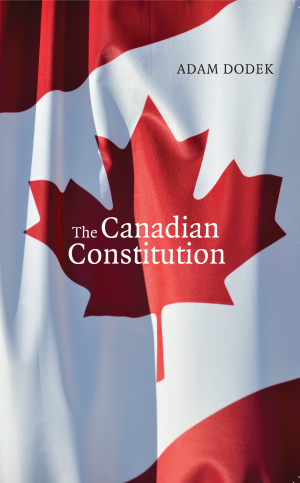Reconceiving Solicitor-Client Privilege
- By adodek@uottawa.ca
- 23 November, 2008
- No Comments
Queen’s Law Journal, Vol. 35, p. 493, 2010
Solicitor-Client Privilege is one of the oldest and most venerated doctrines under the common law. Over the past three decades, Canadian courts have transformed this limited evidentiary privilege into a powerful and preferred constitutional right. However, in so doing, Canadian courts have elevated rhetoric over reasoning. Justification for Solicitor-Client Privilege (the “Privilege”) remains largely grounded in 19th century legal assertions. Contrary to so many other areas of Canadian public law, when it comes to the Privilege there is no contextual interpretation and no balancing of competing interests or rights. Moreover, there is not even a willingness on behalf of the Court to revisit the theoretical bases for the Privilege in any sort of comprehensive manner. Rather, the Privilege has become a critical element in the dominant mythology of the legal profession, seemingly impervious to critical analysis. Thus, the two dominant characteristics of judicial treatment of the Privilege in Canada are heightened protection and a lack of critical reflection about its purposes and its function. This article argues that it is time both for critical analysis and re-evaluation of the Privilege.
This article argues that the Privilege should be uprooted from its 19th century utilitarian foundations and recast in decidedly rights-based terms. Such utilitarian arguments are fundamentally flawed and have created a monolithic sweeping Privilege that does not accord with the actual functioning of our legal system. A reconceived rights-based Privilege recognizes the different interests of clients – the persons for whom the Privilege exists – and constructs a flexible and contextual approach to the Privilege in response. A rights-based approach to the Privilege is anchored by the three pillars of dignity, autonomy and privacy and is directly linked to the right to counsel which protects such rights. As a result of this rights-based analysis, I argue for a strong demarcation between criminal and civil proceedings when it comes to the protection of the Privilege. In the criminal context, under a rights-based conception, existing or heightened protection for the Privilege would be afforded. However, a rights-based approach to the Privilege would lead to its scaling back in the civil context. Most notably, the Privilege would no longer be extended to organizations – corporations, governmental bodies and other associations – on the grounds that such entities are not human and therefore have no claim to dignity, autonomy and privacy as human rights.




 Copyright © 2024
Copyright © 2024